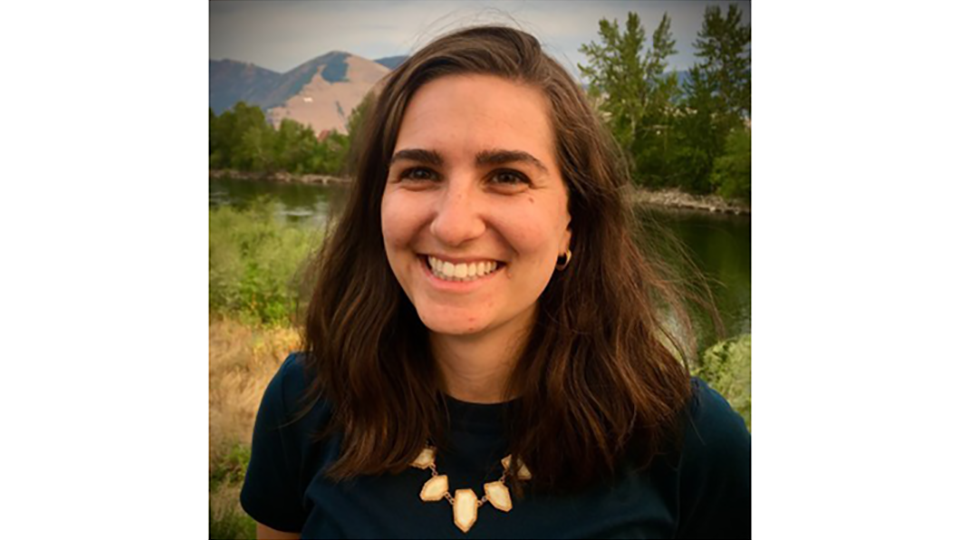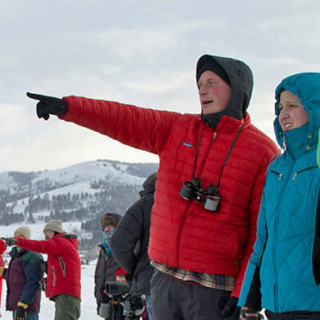Student Spotlight: Allison Cutuli

In this episode, hear from Allison Cutuli, a master’s student in sociology at UM. Allison talks about her work as a community organizer, why she selected UM, and her thesis research, which studies mutual aid networks during the COVID-19 pandemic.
Story Transcript
I've lived in Detroit for a few years doing some community organizing and I also spent some time in Northern Ireland. I volunteered for six months at the Corrymeela Community, which is the oldest peace and reconciliation center. These are the formative experiences that have really inspired me and challenged me and really have shed light on how communities can be really resilient in a lot of difficult circumstances.
My name is Allison Cutuli. I'm a second-year master's student in sociology with a focus on inequality and social justice.
For my thesis, I'm looking at mutual aid networks during the pandemic. So, in sociology there's a concept called emergent groups, which are these informal groups in different places around the world that might emerge in response to disasters. And mutual aid is defined as cooperation for the sake of common good. So, you know, taking Missoula's Mutual Aid Network, for example, I think one platform that people may meet is on Facebook to say, I need access to food or I'm, you know, I'm unemployed I need help with rent for this month, or I need some food or diapers for my children. And other community members will respond and either offer these resources or connect them with local resources like the Missoula Food Bank. And so, there have been thousands of these mutual aid networks that have propagated throughout the world and in the United States to really make sure that, your community is safe and has access to basic necessities.
There are two parts of this research. The first part is looking at who is joining these mutual aid networks. So, the demographic makeup of mutual aid participants, looking at why do people join these networks. Is it for COVID or local resource information like unemployment or housing support? Are people joining these networks for basic necessities or are people joining these networks for kind of the relationship building? And in the second part, I'm looking at risk perception and trust. I'm very curious to see how, um, what member's experience of risk perception of the virus, are people getting vaccinated, and how do these mutual aid network members experience trust. So, trust in other people or society in general, and secondly, looking at institutional trust. Do people in these mutual aid networks trust the government? Some of the, the literature indicates that these mutual aid networks emerge because people do not trust institutions or there's been a failure of institutions, which is why people are bonding together and, yeah, supporting each other.
So, I'm on the inequality and social justice focus in my sociology degree, and I think that was also a key factor in this program in that, you know, there's so many different sociology programs and having that as a foundation and a lens was a huge influence in selecting University of Montana's program. And I think the faculty have been so supportive of all my passions and curiosities. So, I feel like each professor I have, you know, my own special relationship with, and I can talk to each of them about something a little bit different and I'm just very grateful for all that I've learned from different people in that there's just so much to learn and so many stories to hear.
